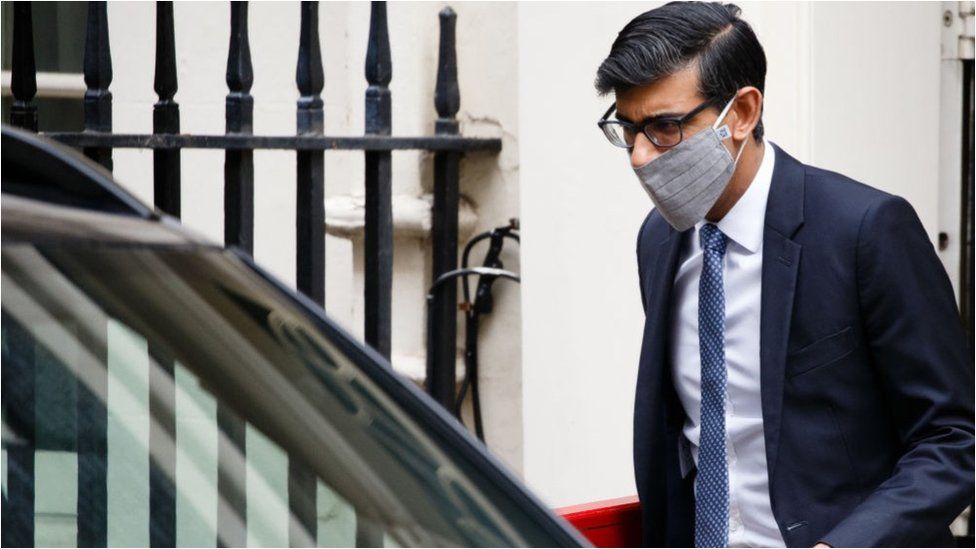It will take place on Wednesday 3 March.
The choices Chancellor Rishi Sunak makes will shape our finances as a country and individually.
What is the Budget?
Each year the chancellor of the exchequer makes a Budget statement to the House of Commons, outlining the state of the economy and the government's plans for raising or lowering taxes.
They also set out the latest forecasts for the UK economy from the official, but independent, Office for Budget Responsibility (OBR).
When is it?
This year's Budget speech will be delivered on Wednesday 3 March.
It usually starts at or around 12:30 GMT, straight after Prime Minister's Questions in the Commons.
The speech usually lasts about an hour.
Labour leader Sir Keir Starmer gives his response straight afterwards, then MPs debate the Budget and the Finance Bill, which puts the chancellor's proposals into law.
What should we expect from the chancellor?
The Treasury has said "the Budget will set out the next phase of the plan to tackle the virus and protect jobs".
The chancellor is under pressure to address two main issues:
- Whether the UK will begin paying off the huge debts which have been built up during the pandemic
- How the government intends to provide support to those hardest hit by the economic fallout
How serious is the situation?
The latest figures are eye-watering. Government borrowing for this financial year has now reached £270.8bn - £212.7bn more than a year ago, according to the Office for National Statistics (ONS).
This has pushed up the national debt to £2.13 trillion - the equivalent of 99.4% of gross domestic product (GDP), which is the value of goods and services produced in the economy, a level not seen since the early 1960s.

Are tax rises on the cards?
The government can raise money by increasing taxes.
However, the 2019 Conservative manifesto pledged not to increase the three main taxes - income tax, National Insurance or VAT.
On the other hand, this was before the pandemic, and the chancellor could argue that changed circumstances have forced a change in policy.
There is fevered debate about the extent and timing of any tax rises.
Some say it should be done quickly, while others say there is no need to do it now because the cost of borrowing is cheap, and the economy is fragile.
Other measures could include a cut in government spending - for example, Mr Sunak has already imposed a pay freeze on at least 1.3 million public sector workers.

A deadline is approaching on 31 March, when two temporary support measures are due to end.
The government is under pressure to extend the £20 weekly increase to universal credit, which is supporting low-income families during the pandemic.
Labour - and some Conservative MPs - want this temporary rise to be made permanent, but the government has not committed itself.
There are also calls to keep the stamp duty holiday in England and Northern Ireland, which was designed to boost the housing market - a key element of economic activity.
What about the cost of cigarettes and alcohol?
The chancellor sets the so-called "sin taxes" on cigarettes and booze.
So, at the end of Budget day, any change in these duties will come into effect and is likely to have an immediate impact on prices - although pubs may still be shut.
Does the Budget affect all parts of the UK?
Some parts of the Budget, such as defence spending, affect the whole of the UK.
Others, such as education, only affect England, because decisions on this have been devolved to Scotland, Wales and Northern Ireland.
The devolved nations all deliver their own Budgets too.
Scotland has income tax-raising powers, which means its rates differ from the rest of the UK. Its Budget is delivered on 28 January.
Wales now has control over some income tax too, but ministers have decided not to diverge at present from the main UK levels. In Northern Ireland, the Assembly has lesser tax control.
This article was originally published By Kevin Peachey,
bbc.com.












